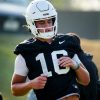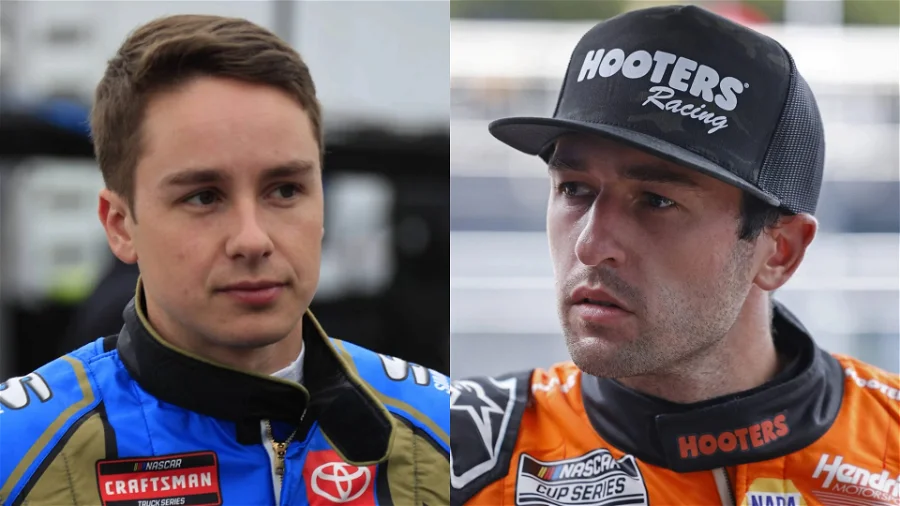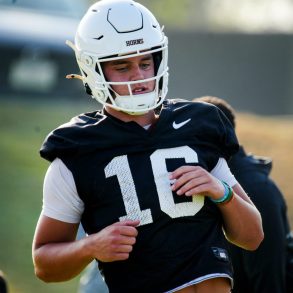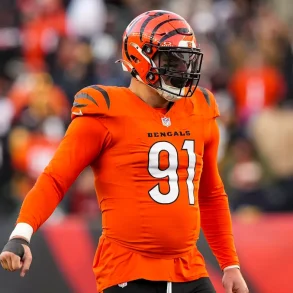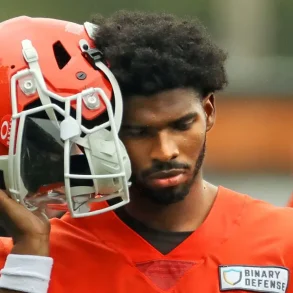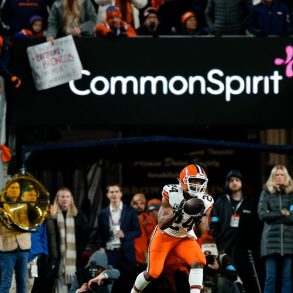The debate surrounding the efficacy of practice sessions in NASCAR, particularly in the context of the limited 20-minute window instituted by the league, continues to provoke discussion among drivers and teams. While NASCAR sees this measure as a cost-saving strategy, many drivers and teams express the need for more practice time to fine-tune their cars before races.
Chase Elliott offers a nuanced perspective, acknowledging the potential benefits of practice despite the limited grip levels on the track. However, Christopher Bell disagrees, deeming the practice runs at Dover Motor Speedway essentially useless due to the unique characteristics of the track’s concrete surface, which reacts to weather conditions.
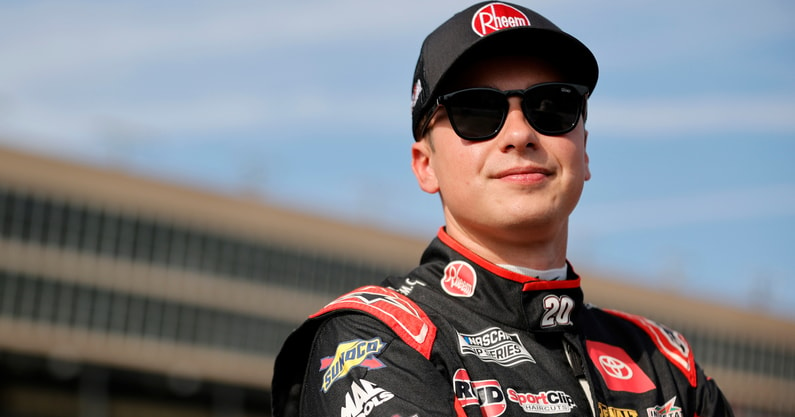
Bell emphasizes the challenges of getting the track rubbered up adequately within the short practice time, suggesting that positioning oneself for qualifying becomes the primary focus. He also highlights the variability of the need for practice time depending on the track, indicating that while 20 minutes may suffice for some tracks like Kansas or Texas, it falls short at Dover.
Despite Bell’s recent struggles after a strong start to the season, a positive outcome at Dover could help him regain momentum and contend for wins. The No. 20 team, which showed promise earlier with consistent top-ten finishes and a victory at Phoenix, has faced setbacks in recent races, including issues with tires and on-track incidents.
Bell’s challenges persisted at Martinsville, Texas, and Talladega, where he encountered various setbacks and finished outside the desired positions. However, his previous successes at Dover, where he has secured top-ten finishes in his last two starts, offer hope for a turnaround in his performance and a chance to break the streak of disappointing results.
